The connection between food and energy lies within the nutrients provided by the diet. Carbohydrates, protein, and fat provide calories, which the body uses as fuel to function. However, not all foods influence energy levels in the same way.
Of the three macronutrients, carbohydrates are the body's primary energy source. Simple carbohydrates offer immediate energy, whereas complex carbs provide long-lasting energy. Both carbs can fit into a well-balanced diet, but their timing may play a pivotal role in their effects.
Still, maximizing energy requires a holistic dietary approach. While carbohydrates are best known for their effects on blood glucose levels, other nutrients can support energy levels, too. A well-balanced diet incorporates a variety of foods for energy.
1. Oatmeal 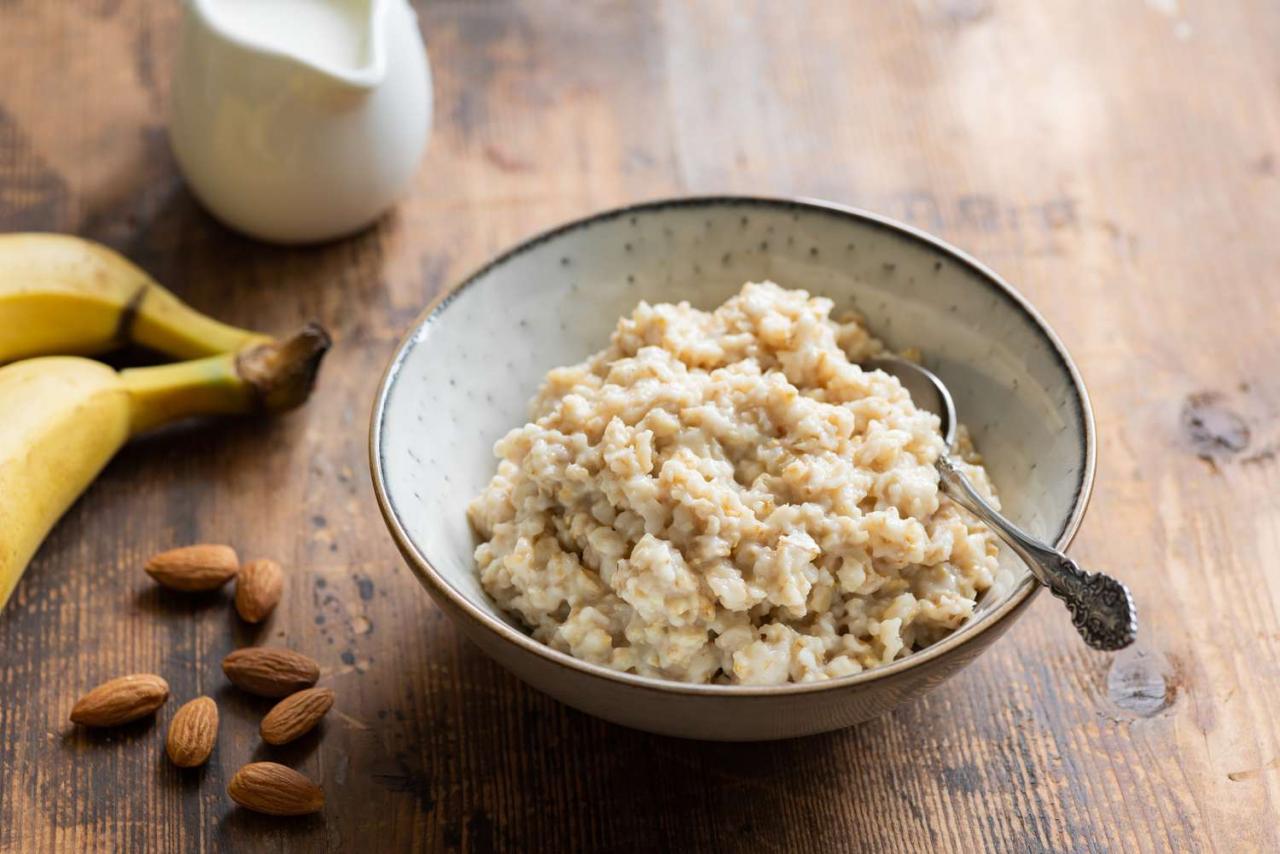 Arx0nt / Getty Images.
Arx0nt / Getty Images.
Oatmeal is a nutrient-dense carbohydrate packed with vitamins, minerals, and soluble fiber. It’s classified as a complex carbohydrate, so it takes longer to digest than the average sugary breakfast cereal. One 1/2 cup serving of dry oatmeal provides 27 grams (g) of carbs and 4 g of fiber, a dynamic combination for controlled blood sugar levels and long-lasting energy.
The carbohydrates in oatmeal elevate your blood sugar, which your body relies on for energy. However, the fiber helps the body utilize its blood glucose more efficiently, preventing the dreaded "sugar crash."
Oatmeal is available in many forms, including instant packets, steel-cut oats, and old-fashioned oats. The plain versions of these options are best for long-lasting energy, as they don’t contain added sugars that may cause a spike and drop in blood glucose levels. Plus, plain oatmeal allows the consumer to flavor their oats with low-glycemic sweeteners if desired.
This Is What Happens to Your Body When You Eat Sugar 2. Bananas 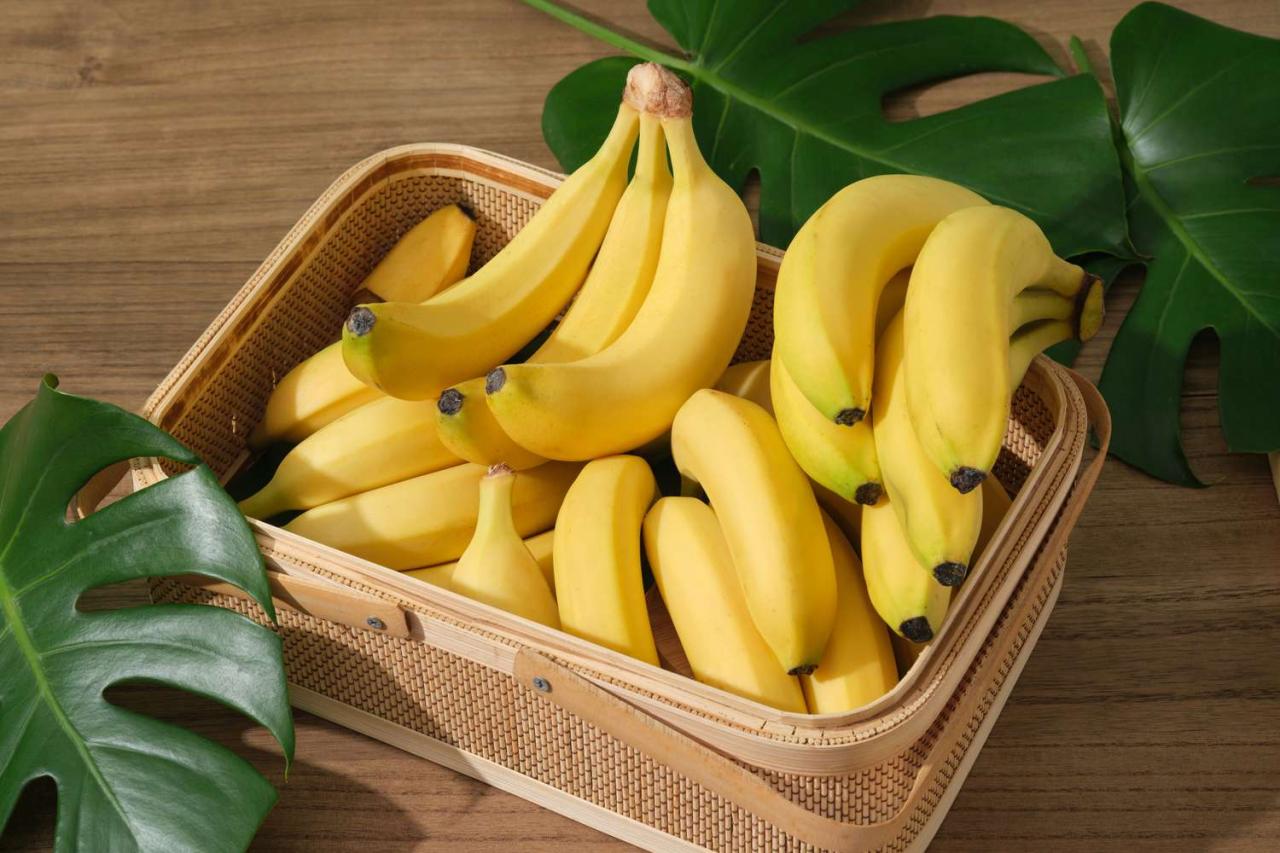
LightStock / Getty Images
Bananas are a convenient snack and an excellent source of energy. They’re economical, portable, and packed with various nutrients that support overall health.
One medium banana provides 26 g of carbs and 3 g of fiber, which the body can break down into long-lasting energy. However, the fruit’s benefits don’t stop there. Bananas are also rich in potassium, an essential nutrient for kidney and heart function, nerve transmission, and muscle contraction. A medium banana provides 422 milligrams (mg) of potassium, 9% of the daily value.
Bananas can be a nutritious way to sweeten baked goods, whole grain cereals, yogurts, and more. Research has shown that bananas are an effective post-workout recovery carb, replenishing glycogen stores and supporting metabolic recovery.
3. Greek Yogurt 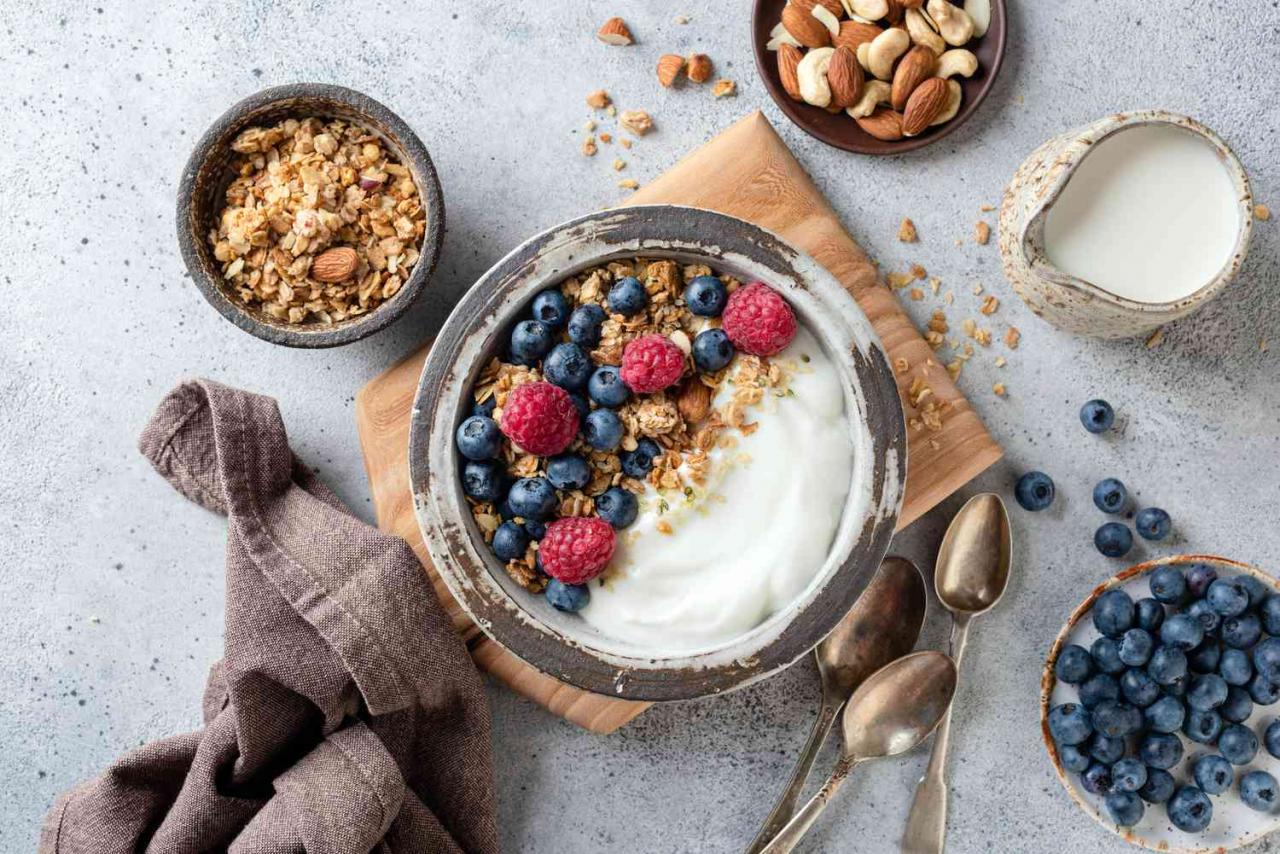
Arx0nt / Getty Images
Of all the yogurt varieties, Greek yogurt provides the most hunger-satisfying protein content. A 7-ounce (oz) container of plain Greek yogurt provides almost 8 g of carbs and 20 g of protein. The carbs in the yogurt boost energy, while the protein gives your body something else to digest, prolonging the carbs’ effect on your blood glucose.
Greek yogurt also mixes well with other flavors, encouraging variety in nutrition and taste. For those who need a larger dose of carbohydrates for increased energy, Greek yogurt can be paired with other carbohydrate-containing foods. For example, consider pairing Greek yogurt with mixed berries and granola to make a sweet and crunchy snack.
4. Sweet Potatoes 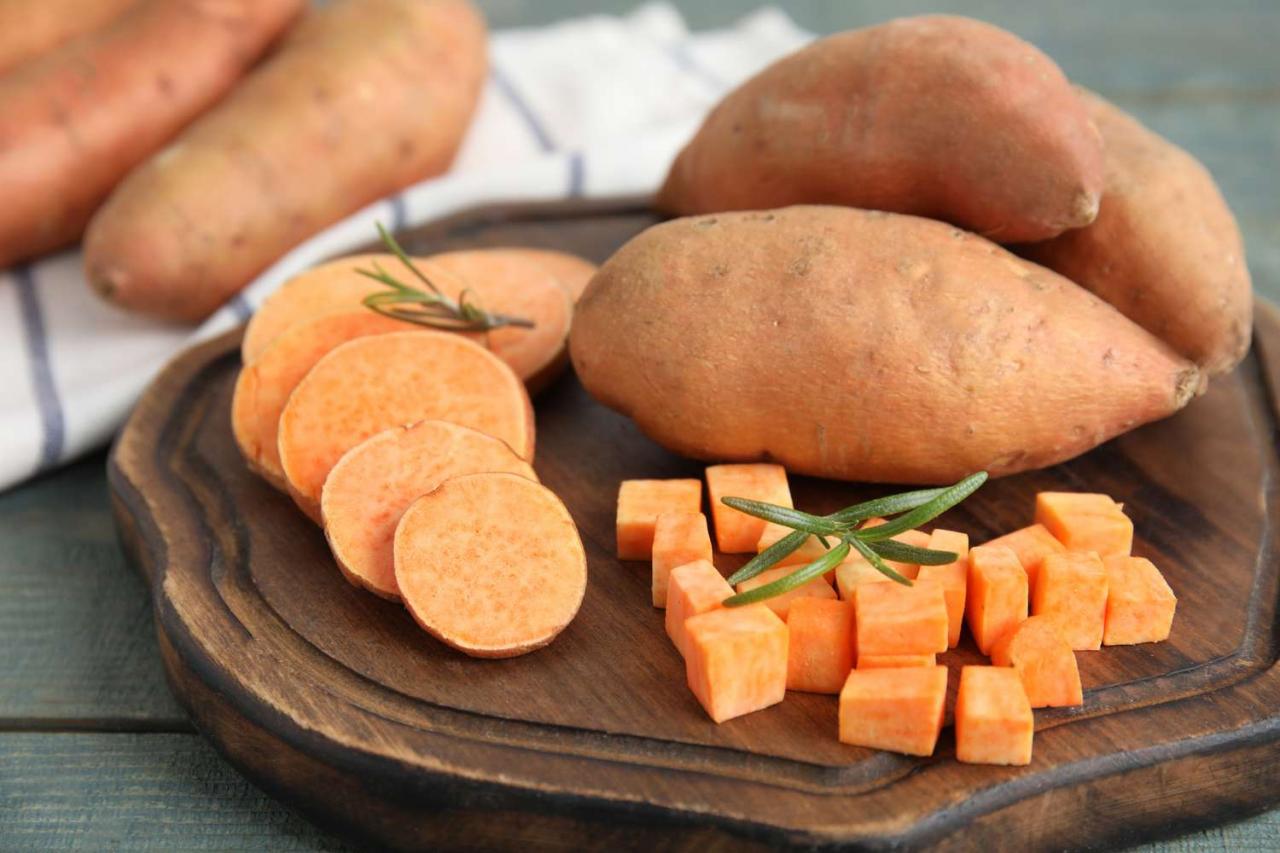
Liudmila Chernetska / Getty Images
Sweet potatoes are an excellent source of complex carbohydrates, providing long-lasting effects on energy levels. One medium-sized baked sweet potato provides 24 g of carbs and 4 g of fiber.
Sweet potatoes are also rich in carotenoids and polyphenols, which offer antioxidant, anti-inflammatory, and anticancer properties. Research has even found that cooking sweet potatoes can increase their total polyphenol content. So, baking, boiling, steaming, microwaving, and roasting a sweet potato can increase its nutritional impact.
5. Eggs 
Maria_Lapina / Getty Images
While eggs don’t necessarily provide energy on their own, they contain nutrients essential to energy production. Eggs are a protein-dense food, but they also contain an array of B vitamins, which play a critical role in energy production.
One hardboiled egg contains 0.07 mg of thiamin, or 6% of the daily recommended intake. Thiamin is essential for the metabolism of glucose for energy, meaning it helps the body make use of the carbohydrates consumed.
Eggs are a versatile food, making them a convenient and nutritious addition to many diets. They can be a satisfying snack to eat on the go or the protein source of a hearty meal.
6. Beets 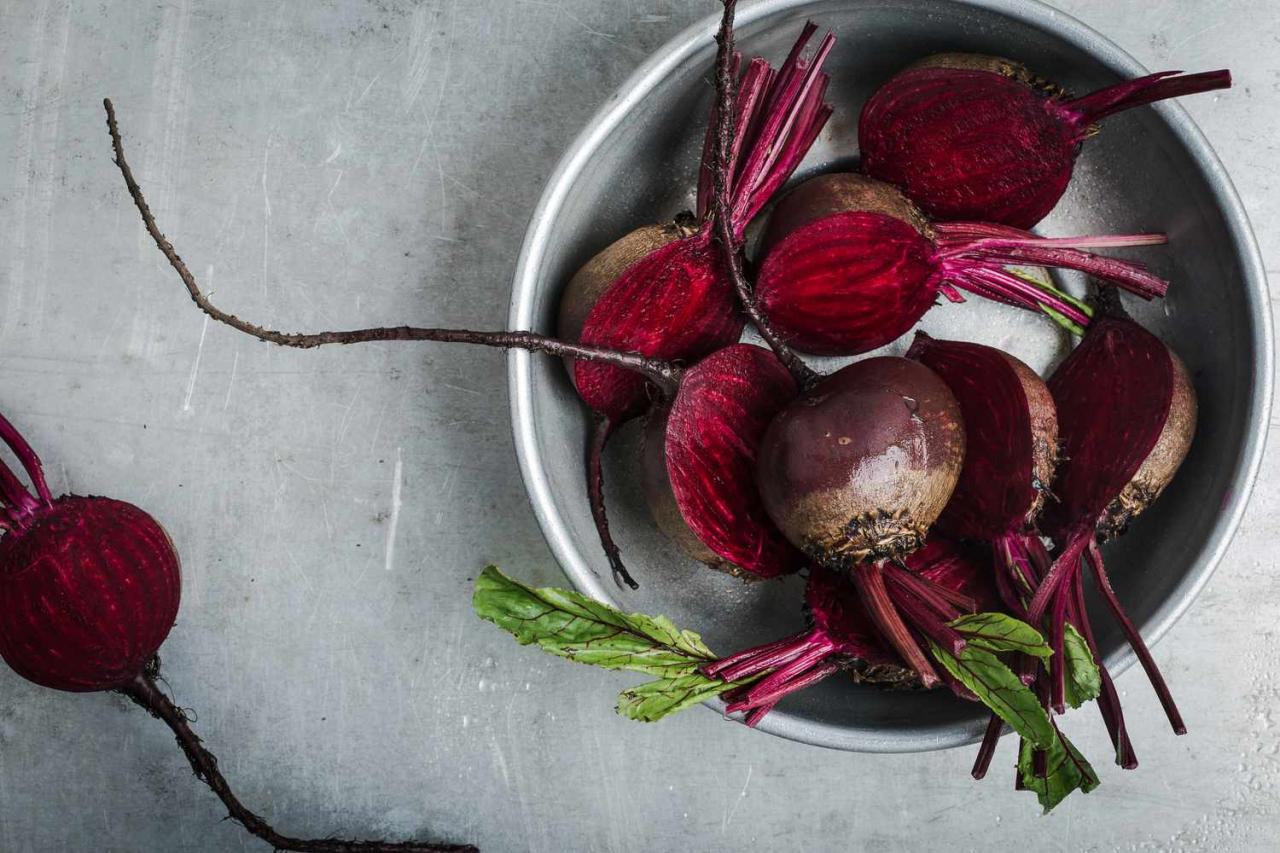
istetiana / Getty Images
Beets can be a nutritious addition to a well-balanced diet. They offer many potential health benefits, including a positive effect on energy. A 1/2 cup serving of cooked beet slices provides approximately 8 g of carbs and almost 2 g of fiber. The moderate dose of carbohydrates paired with a decent amount of fiber typically translates to withstanding energy levels. However, beets can improve energy in other ways as well.
Beets are an excellent source of antioxidants and nutrients that have been linked to improvements in the cardiovascular system. The beetroot vegetable is rich in nitrates, which the body metabolizes into nitric oxide. Nitric oxide acts as an intracellular and extracellular messenger necessary for the vasodilation of blood vessels, which is why many athletes rely on it for improved athletic performance.
7. Almonds 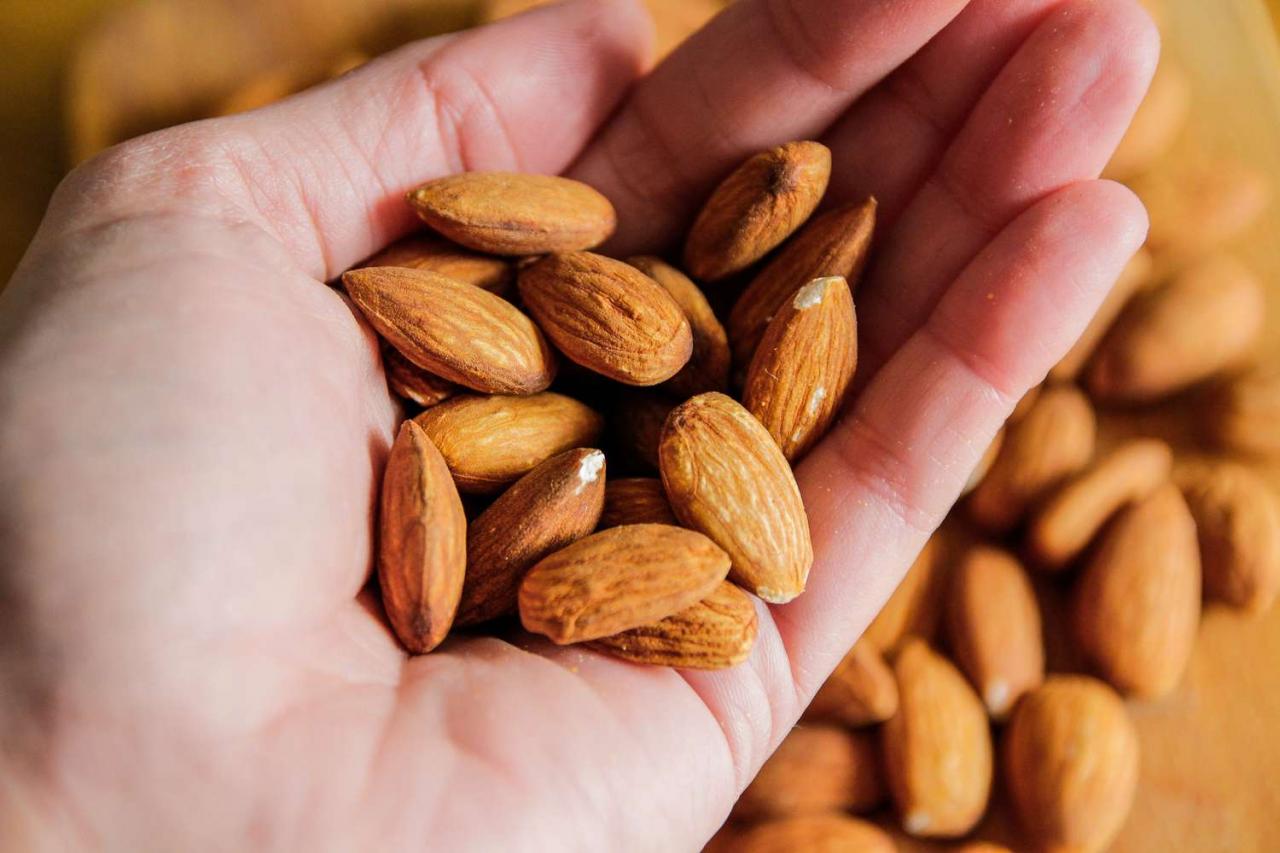
Kinga Krzeminska / Getty Images
Almonds are nutritional powerhouses, containing protein and healthy fats. One ounce of whole almonds provides 6 g of carbs, 6 g of protein, and 14 g of fat. Almonds are a low-glycemic index food, meaning they aren’t likely to cause a blood sugar spike. The small amount of carbohydrates will provide a burst of energy, but the protein and fat content help slow down digestion, prolonging their effect on energy levels.
Almonds are also a good source of essential nutrients like vitamins B and E and magnesium. Magnesium is required for energy production, and 1 oz of almonds meets approximately 20% of your recommended daily intake. Adding them to a healthy diet can increase your intake of various nutrients and help combat fatigue.
8. Chia Seeds 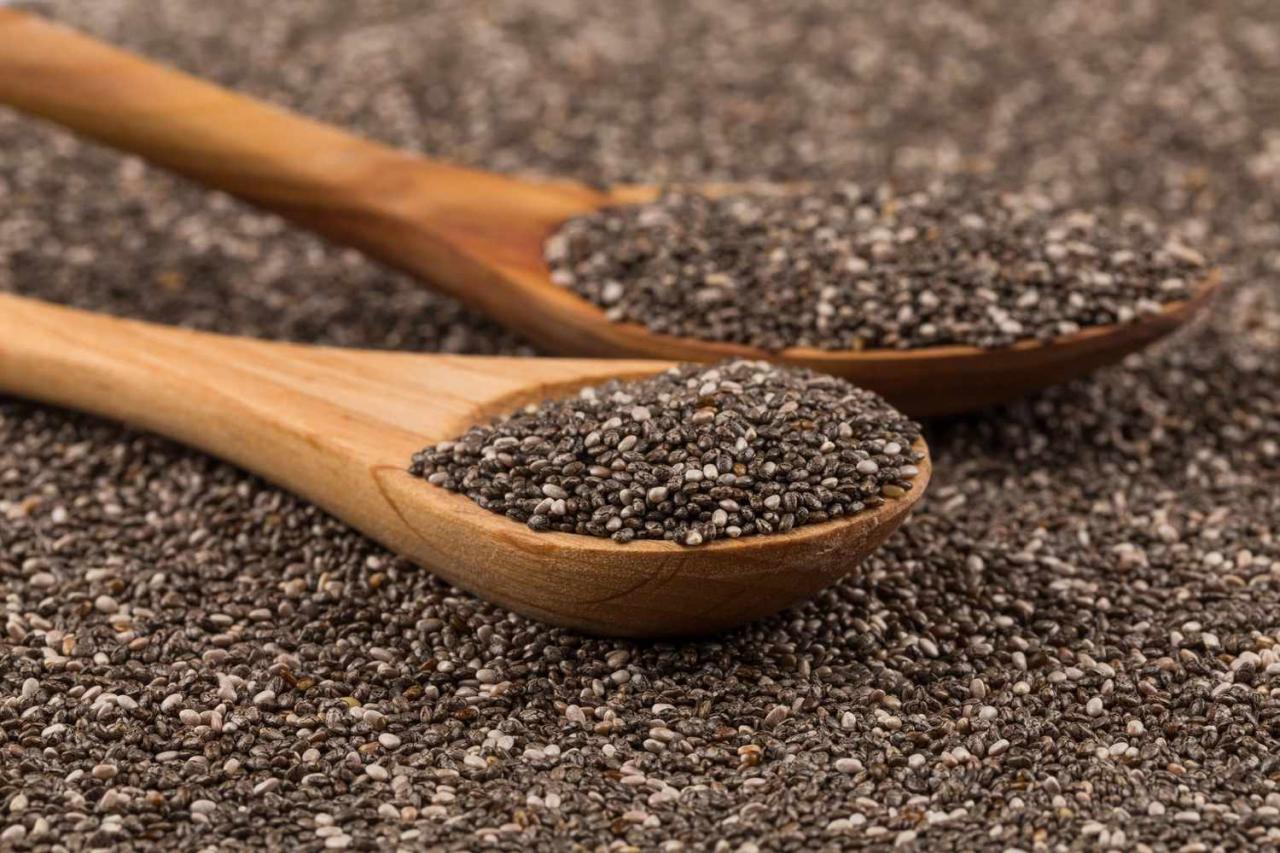
R.Tsubin / Getty Images
Chia seeds are tiny, but they are a powerhouse food with remarkable effects on energy levels. They have a balanced ratio of protein, carbs, and fat, providing a sustained release of energy to keep you feeling energy throughout the day. A 1-oz serving of chia seeds provides 12 g of carbs, 4 g of protein, 9 g of fat, and almost 10 g of fiber.
They have a unique composition that forms a gel-like texture when combined with a liquid, helping you feel fuller for longer. Chia seeds are also rich in many essential vitamins and minerals, such as magnesium and iron. Adding chia seeds to a well-balanced diet can be an effective way to increase energy levels naturally while also meeting your dietary needs for many essential nutrients.
9. Spinach 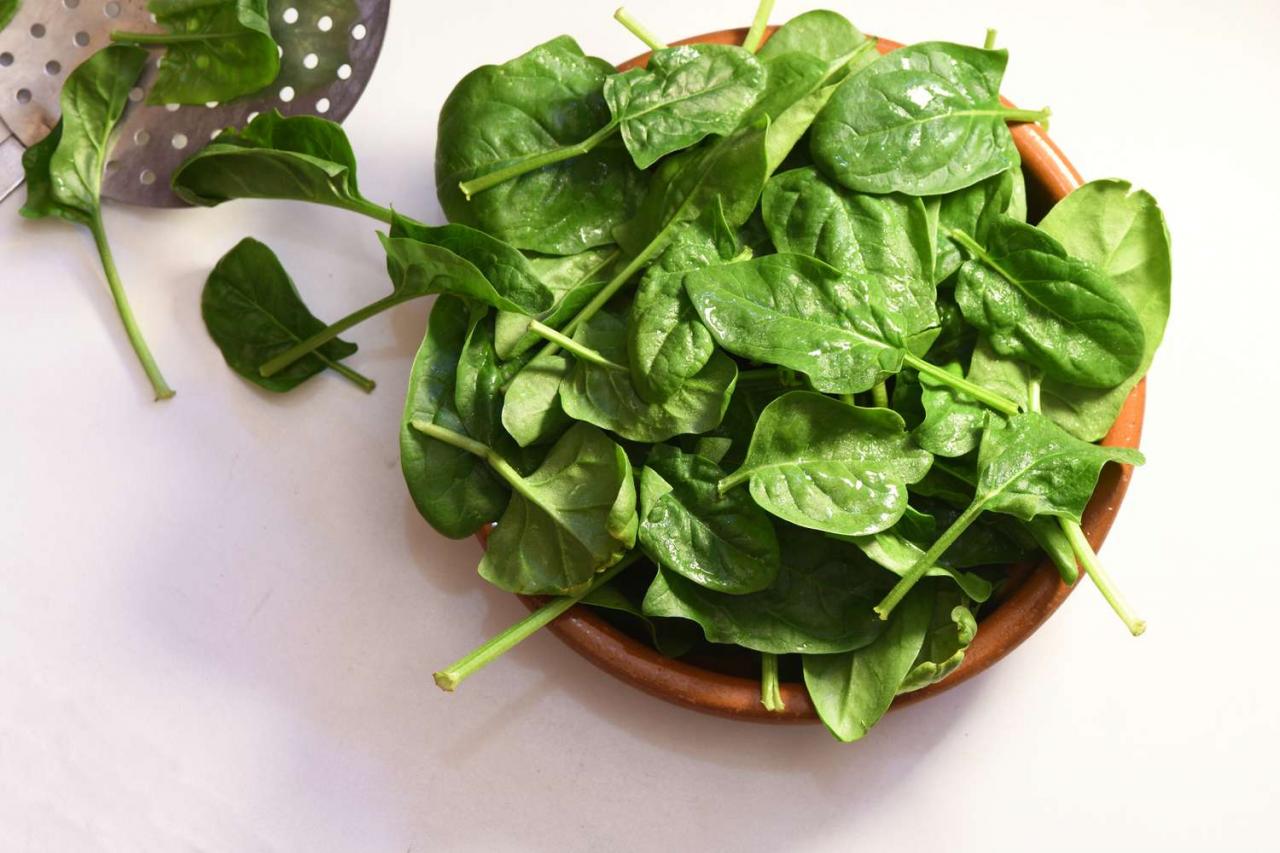
Minh Hoang Cong / Getty Images
Spinach is a popular leafy green vegetable renowned for its impressive nutrient profile. It offers many potential health benefits, including its role in boosting energy levels. Spinach is rich in iron, a critical component for red blood cell production. Spinach can be linked to energy levels, as red blood cells are essential for oxygen transportation, and oxygen is necessary for energy production.
Adding spinach to a balanced diet can help fight fatigue and support energy production. Plus, it's relatively easy to incorporate spinach into various recipes. Raw spinach can add flavor, texture, and vital nutrients to your meals, supporting overall wellness.
10. Quinoa 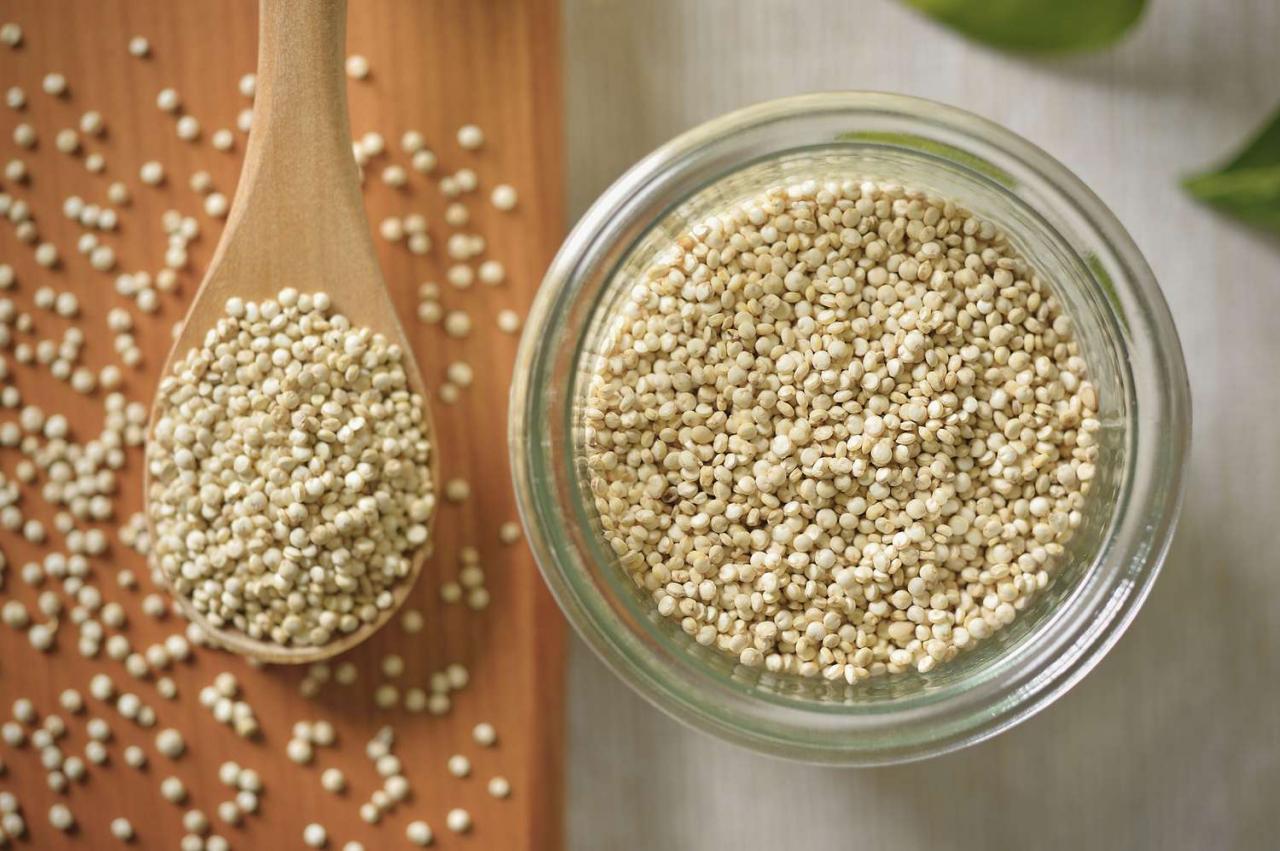
Yagi Studio / Getty Images
Quinoa, a renowned plant-based protein source, is a whole grain with a strong influence on energy. It houses all nine essential amino acids, making it a complete protein and excellent food for tissue repair. However, its macronutrient ratio offers a steady release of glucose into the bloodstream, encouraging sustained energy without the crash.
One cup of cooked quinoa provides 40 g of carbs, 8 g of protein, and 5 g of fiber, but it's also rich in many essential micronutrients. The whole grain is a good source of magnesium, potassium, phosphorus, and iron.
11. Blueberries 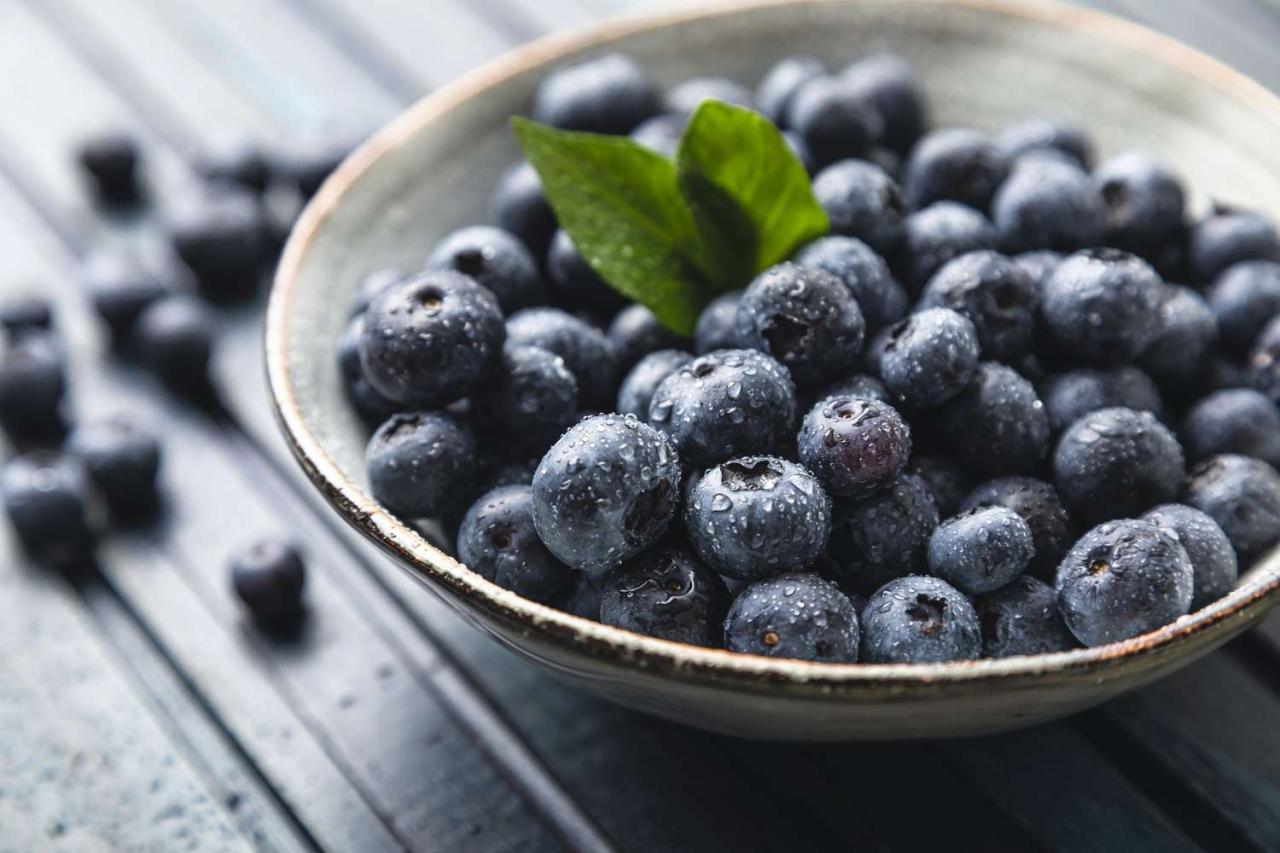
Flavia Morlachetti / Getty Images
Blueberries are best known for their vibrant hue, but they also boast an impressive nutrient profile that can provide a boost of energy. They’re a good source of carbohydrates, and they’re packed with antioxidants that fight against oxidative stress and reduce fatigue. Blueberries contain 14 mg of vitamin C per cup, 15% of the recommended daily intake.
Adding blueberries to your diet can support energy production and overall wellness. They're available fresh or frozen and can be incorporated into various recipes. They make a sweet addition to a fresh fruit salad or can be mixed into various baked goods.
12. Hummus 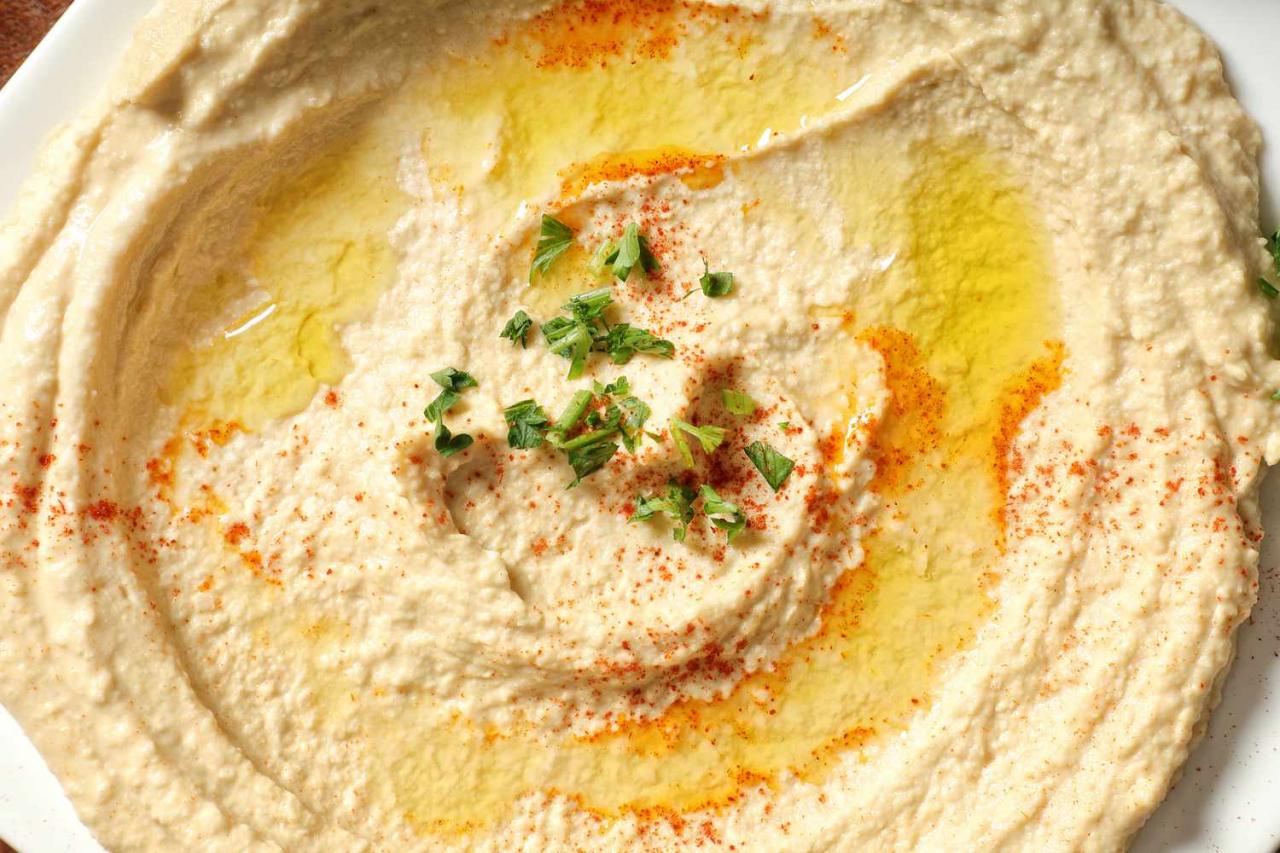
imagedepotpro / Getty Images
Hummus, a flavorful dip that originated in the Middle East, offers a plethora of nutrients that are vital to energy production. Hummus is made from chickpeas, so it’s rich in complex carbohydrates and fiber, providing a steady release of glucose into the system. Additionally, hummus is often made with olive oil, which can be a good source of healthy fats.
A 1/2 cup serving of homemade hummus provides 20 g of carbs, 6 g of protein, and 4 g of fiber, an excellent ratio for a steady release of energy. Hummus can be a refreshing snack or part of a well-balanced meal, as it pairs well with fresh vegetables, whole-grain crackers, or pita bread.
13. Lentils 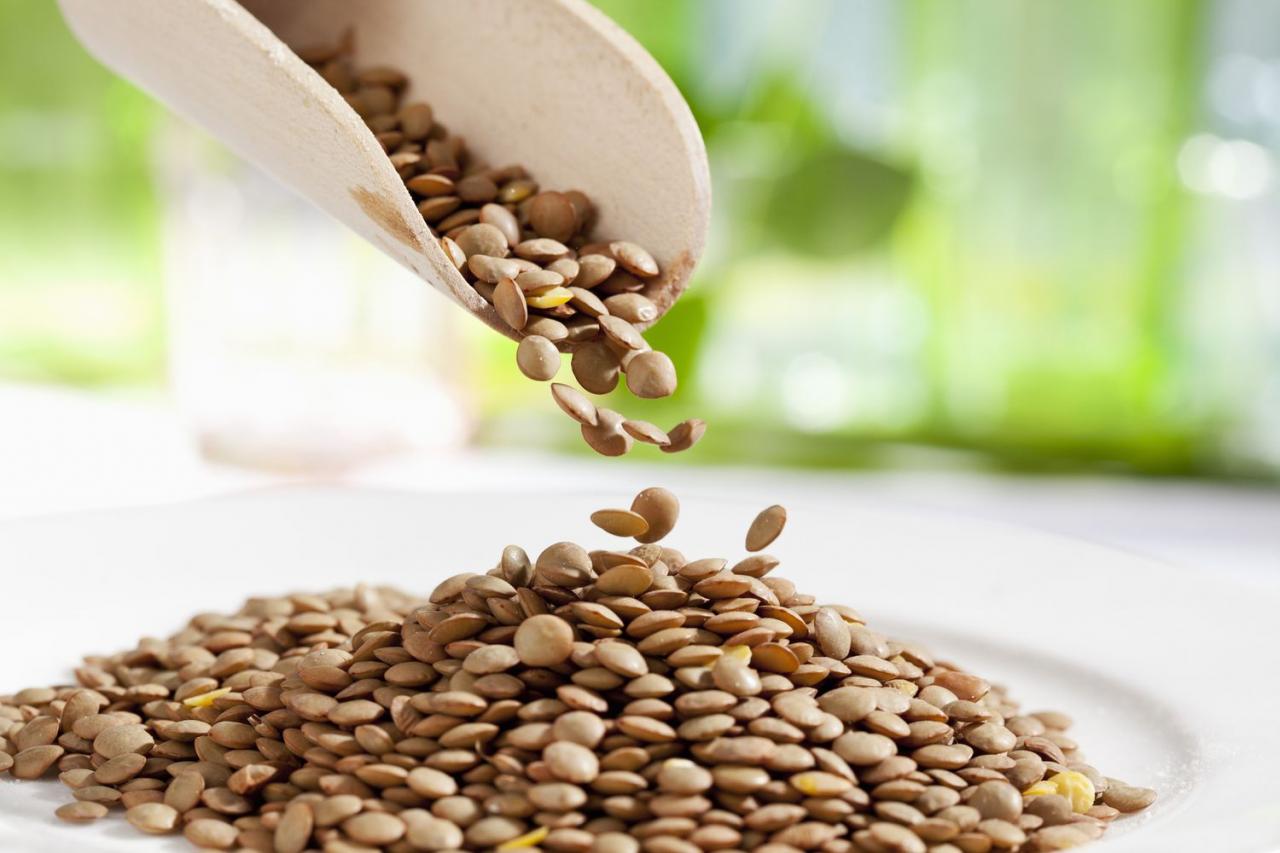
Westend61 / Getty Images
Lentils are small legumes that are packed with nutrition. They’re a good source of complex carbs, offering a sustained release of energy after consumption and supporting stable blood sugar levels. A 1/4 cup serving of lentils provides 30 g of carbs, 12 g of protein, and 5 g of fiber. Their high fiber content helps regulate digestion and promote satiety. Moreover, lentils are an excellent source of iron, which supports oxygen transport for energy metabolism.
Lentils are easy to prepare and can be added to numerous dishes. Lentils make a great addition to soups, salads, and stews. Some baking recipes even incorporate lentils.
14. Beans 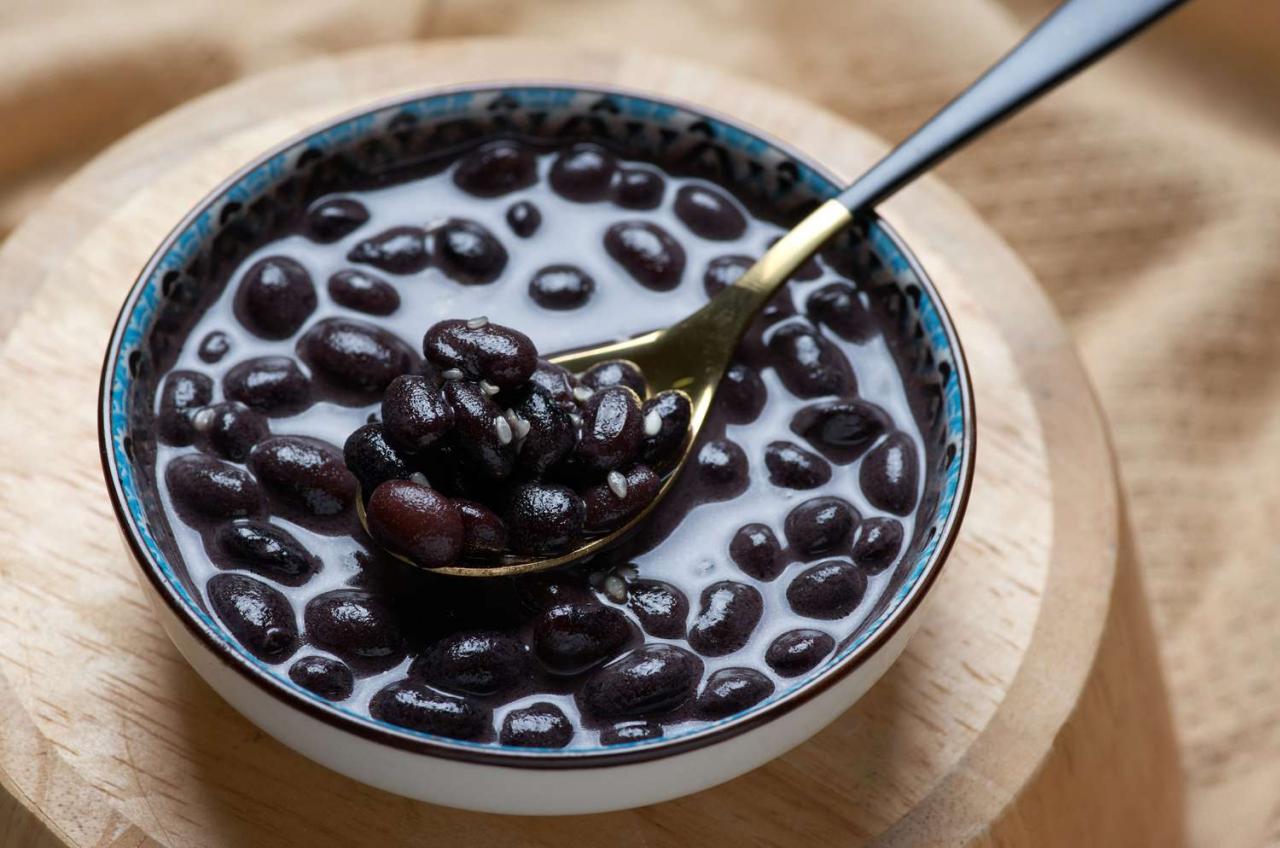
Krit of Studio OMG / Getty Images
Part of the legume family, beans are a nutrient-dense food that can significantly impact energy levels. Beans, no matter the type, are packed with complex carbohydrates, meaning they can supply a steady release of energy after consumption. A 1/2 cup of kidney beans provides approximately 20 g of carbs and 7 g of fiber. The carb content will increase blood glucose levels, and the fiber will help prevent a sugar crash.
Beans make a great addition to popular rice dishes like red beans and rice. However, they can also be mixed into salads, soups, chilis, and more.
15. Dates 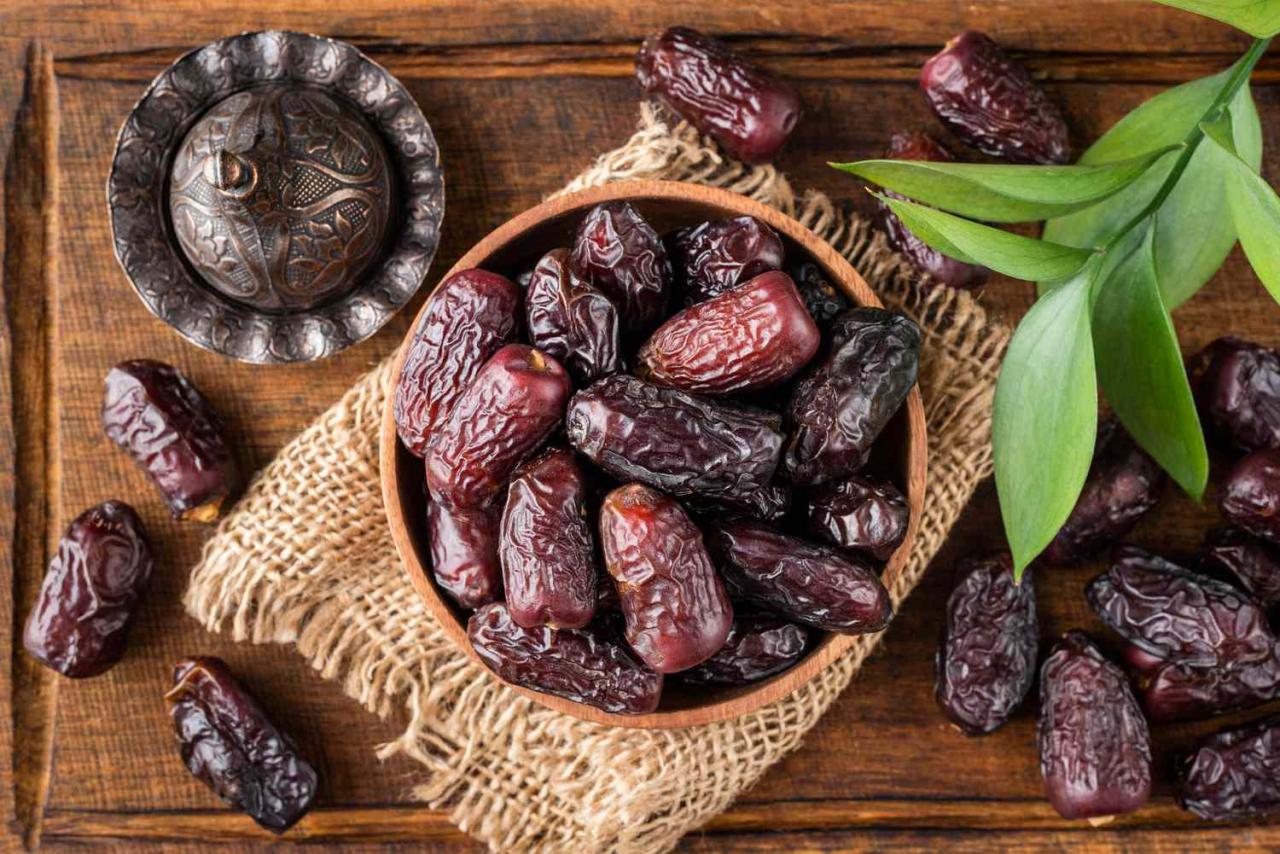
Arx0nt / Getty Images
Dates containing glucose, fructose, and sucrose are rich in natural sugars and can provide a quick burst of energy. One pitted date contains 18 g of carbs, making it a convenient way to boost energy. Or, if plain dates aren’t appetizing, dates can be a nutritious addition to many recipes. Dates can be added to no-bake energy balls, oatmeal, smoothies, and more.
In addition to supporting energy levels, dates also provide other vital nutrients. Dates contain many essential nutrients, including copper, iron, manganese, and potassium.
Foods That Can Decrease Energy
It's normal for energy levels to fluctuate throughout the day, as energy production depends on several factors. Eating a meal or snack typically helps you feel more energetic, but some foods can have the opposite effect. Certain foods can drain your energy.
While all foods can fit into a well-balanced diet, it's essential to be mindful of portion sizes and their effects on energy.
Processed grains: Processed grains, like those found in white bread, white pasta, and white rice, are lower in fiber than their counterparts. While the difference is minimal, the processed grains may cause a more rapid rise and subsequent drop in blood sugar levels, affecting overall energy.Fried foods: Fried foods are typically high in fat and low in fiber, often resulting in slowed digestion. When digestion is slowed, beneficial nutrients can’t enter the body as efficiently, ultimately affecting energy.Foods with added sugar: Foods with added sugar typically cause a rapid rise in blood glucose levels, followed by a sugar crash. Other Ways to Improve Energy
Dietary intake influences energy levels significantly. However, there are other ways to improve energy, including:
Good sleep hygiene: Adequate sleep is essential for healthy energy levels. Sleep allows for energy storage, so the absence of sleep prevents energy savings. In times of poor sleep, the energy stores meant for regular waking hours are used during sleep deprivation.Regular physical activity: Regular exercise can improve your circulatory system and support better sleep. Research has shown that regular physical activity can improve feelings of fatigue and energy.Stress management: Stress-induced emotions require a significant amount of energy. Managing stress through extracurricular hobbies, therapy, or relaxation techniques can improve energy.Stay hydrated: Fatigue is a symptom of dehydration. Water accounts for 75% of the brain’s mass, so hydration is crucial to cognitive performance. Research has shown that proper hydration can relieve symptoms of fatigue. A Quick Review
It's normal for energy levels to fluctuate throughout the day, as several factors influence energy. However, dietary intake is a major driving factor in energy production, and some foods improve energy more than others. Carbohydrates are the body's primary energy source, but not all carbs are created equal. Complex carbs, rich in fiber, provide a sustained release of energy that keeps the body fueled for longer, whereas simple carbs offer a quick, short-lived burst of energy.
Other foods may not provide a significant serving of carbs, but they offer nutrients that support energy production within the body. Overall, a well-balanced diet containing various nutrients is best for maintaining healthy energy levels.